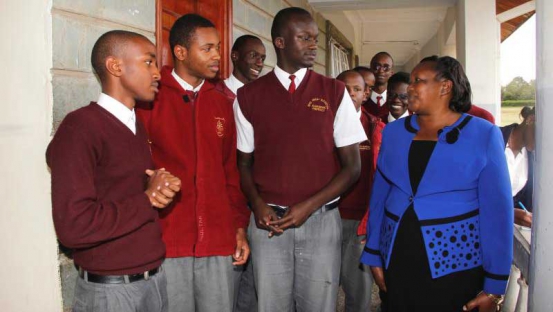×
The Standard e-Paper
Smart Minds Choose Us

Form four national examinations kick off on Monday against an enhanced security arrangement that saw a spotless three-day Kenya Certificate of Primary Education (KCPE) examination last week.
Some 615,773 students conducted rehearsals last week for the Kenya Certificate of Secondary Education (KCSE).